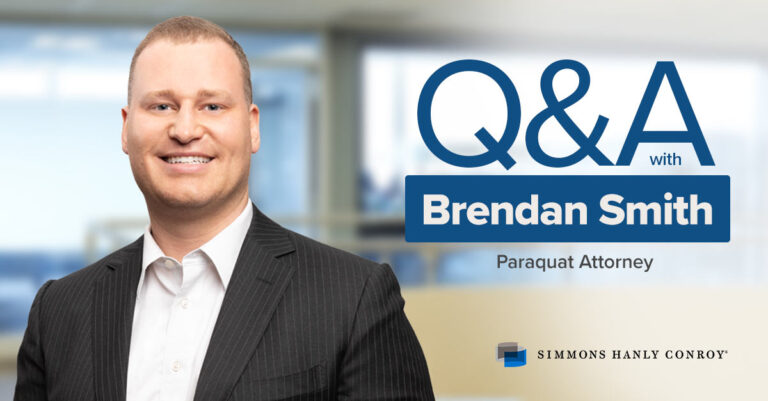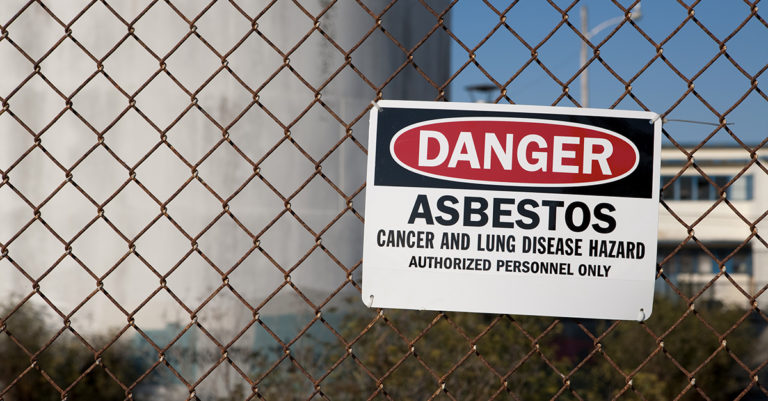Localities throughout the country can join the thousands of participating local governments by signing on before January 2, 2022 to receive the maximum amount of funds for their community’s opioid epidemic recovery efforts.

Washington, DC — The deadline for communities to join national opioid settlements with Johnson & Johnson and drug distributors AmerisourceBergen, Cardinal Health, and McKesson is fast approaching. Local counties, cities, and towns across the country have until Jan. 2, 2022 to submit their forms to sign on to the settlement agreements and secure funds for their communities to abate the opioid epidemic. The $26 Billion settlements reached with these defendants will provide substantial funds to states and subdivisions for critical intervention, treatment, education, and recovery services to combat the opioid crisis that continues to harm communities and their residents nationwide.
Communities throughout the country have been signing on to the settlements by the thousands. In several states, including Arizona, Arkansas, Delaware, Nebraska, New York, Ohio, and Virginia, nearly all litigating subdivisions already have signed up to receive funds. Since Thanksgiving alone, there has been a 300% increase in participation. Increases are expected to continue in the coming weeks as more communities send in their forms and agree on allocation models. More than 20 states already have reached allocations agreements with their cities and counties and many more are finalizing agreements.
Litigating and non-litigating subdivisions can register to receive settlement forms and find more information on the terms at the national opioid settlement website: nationalopioidsettlement.com or by contacting their state Attorney General. The Plaintiffs’ Executive Committee urges communities to act now and submit settlement forms in December to meet the Jan. 2, 2022 deadline. Once the deadline passes and subdivision participation levels are determined, the defendants will have 30 days to decide whether there is enough participation to move forward and formalize the terms of the global settlements.
Statement from PEC negotiation team Elizabeth Cabraser of Lieff Cabraser, Jayne Conroy of Simmons Hanly Conroy, Paul Geller of Robbins Geller, Peter Mougey of Levin Papantonio Rafferty, Joe Rice of Motley Rice LLC, Jennifer Scullion of Seeger Weiss, and Chris Seeger of Seeger Weiss:
“Thousands of cities and counties have signed on to participate in historic settlements with major opioid defendants. More localities are added hourly, and the surge of participants demonstrates widespread support — but a deadline looms. It is imperative that communities register in order to receive and sign on to allocation agreements as soon as they are finalized. Communities may receive funds as early as April 2022 depending on when a settling state meets certain requirements, so time is of the essence. Participation levels will dictate whether the settlements move forward and affect how much money states will receive. If higher participation rates are not reached, states will not receive the full scope of the settlements or risk losing these funds entirely.
Overdoses are increasing throughout the country and abatement funds are urgently needed. More than 100,000 people died from overdoses between April 2020 and April 2021, the highest rate of overdose deaths that the U.S. has ever experienced. This crisis continues to worsen, and communities need support now. If states fail to participate in these settlements, they face three to five more years of litigation. The support of the settlements that we have seen thus far is an indication that many communities need help now and cannot afford to wait that long to address this epidemic. This is a nationwide public health crisis that requires a nationwide solution. The PEC unanimously endorses these settlements and strongly encourages every city, county, and state government to register and closely review the agreements and their potential benefits.”
These national settlements will fund local solutions. The funds will be allocated to a broad range of abatement uses developed by public health experts and approved by state and local governments, including recovery and prevention programs, criminal justice support, healthcare and treatment facilities, and more.
More information can be found on the national opioid settlement website: nationalopioidsettlement.com.





